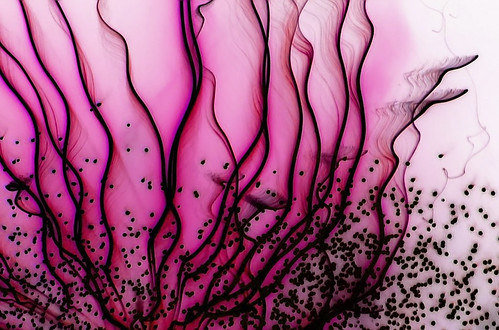10 Myths and Misconceptions About Canadians
Canadians #Canadians

panaramka/istockphoto
The Error of Your Ehs
While people in the United States generally seem to think fondly of Canada, so many nuances of Canadian culture are lost on Americans. Canadian stereotypes often are just myths — albeit funny ones sometimes. So, let’s set the record straight on what Americans get wrong about their northern neighbors.
Related: 18 Beloved Canadian Foods Every American Should Try
julief514/istockphoto
An ‘Eh’ for Every Sentence
There is no denying that many Canadians say “eh” a lot, making many of their sentences seem to end in a question. However, the word is not to be used indiscriminately. There are very specific applications for it, from the “confirmational eh” to the “narrative eh.”
VisualCommunications/istockphoto
Everyone Plays Hockey …
While hockey was invented in Canada and, yes, hockey is taken seriously, not everyone in Canada plays hockey. Not everyone in Canada skates, either.
jaboardm/istockphoto
… and It’s the Country’s Favo(u)rite Sport
There is no doubt that Canadians love their hockey, but there are plenty of other sports that draw fans’ attention too — particularly basketball, in the wake of the Toronto Raptors’ NBA championship this year. Canadian James Naismith is credited with inventing the game, although he lived in Massachusetts at the time. “Canada is the birthplace of hockey and, yes, people love it — but not everyone,” says Kim Cherkas, a native of Halifax, Nova Scotia, and former resident of Calgary, Alberta. Hockey is merely the national winter sport; Canada’s national summer sport is lacrosse.
ablokhin/istockphoto
All Canadians Speak French
Canada has two official languages, but census data show that less than 40% of the population speaks French. Most people who speak the language on a daily basis live in Quebec and parts of Ontario and New Brunswick. Many bilingual Canadians speak a language such as Mandarin or Punjabi rather than French.
leaf/istockphoto
Canadians Live in Igloos …
Okay, so maybe in the past, some people — namely the Inuit, who used igloos mainly for temporary hunting camps even then — did live in blocked-ice structures, but not now. “That was a back-in-the-day thing that people use to do way up north,” Cherkas says. “People might make them for fun now, but that’s about it.”
benoitrousseau/istockphoto
… and Get Around Via Dog Sled
Again, it’s probably Inuit culture that is responsible for this myth. Dog sleds were a form of transportation in Canada for a long time, but not in this day and age. “Dog sleds are still a thing, but only really way up north during snow seasons, or as a novelty in other places,” Cherkas says.
Related: 15 of the Best Road Trips in Canada
FatCamera/istockphoto
‘Aboot’ That Accent
Any Canadian will say they do not say “aboot.” Sure, the accent can sound different to Americans, but seldom, if ever, do people actually pronounce the words as “oot” and “aboot.” So, what’s to blame for the misconception? A phonetic quirk called “Canadian raising,” which tends to be exaggerated by outsiders.
VisualCommunications/istockphoto
All Police Wear Red
The Royal Canadian Mounted Police, better known as “Mounties,” do wear the iconic uniforms during certain ceremonies and events, but that’s about it. “The RCMP don’t wear their red serge when they police. … It’s just on special occasions,” Cherkas says. “That goes for riding horses, too, although in some cities police do go around on horseback.”
PashaIgnatov/istockphoto
All Canadians Are Polite
There is no way that every single Canadian citizen is consistently polite — surely, at the very least, they have choice words about traffic. Cherkas thinks this stereotype probably exists because Canadians do say sorry a lot. “It’s just nature for us to say it for some reason,” Cherkas says.
Related: 19 Canadian Tourist Traps to Avoid
Birkus-Viktor/istockphoto
Everyone Gets Free Health Care
Canadians in some provinces do have to pay health care premiums. Higher taxes also go toward the health care system, and not everything is covered. Some Canadians buy private health insurance to help pay for otherwise uncovered medications, dental care, optometry, physical therapy, massage, and chiropractic care, among other expenses.